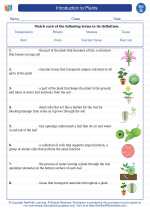Supercooling
Supercooling is the process of cooling a liquid below its freezing point without it solidifying. When a liquid is supercooled, it remains in a liquid state even though it is at a temperature below its normal freezing point. This can occur under certain conditions and has interesting implications in various scientific fields.
Factors Affecting Supercooling
Several factors can affect the supercooling of a liquid:
- Purity: Impurities in the liquid can promote freezing at the normal freezing point, reducing the likelihood of supercooling.
- Container Surface: The surface of the container holding the liquid can influence supercooling, as nucleation sites on the surface can initiate crystallization.
- Stirring: Agitating the liquid can also affect supercooling, as it can provide nucleation sites for crystallization.
Applications and Examples
Supercooling has applications in various areas, such as in the preservation of biological materials, the study of phase transitions, and the development of new materials. Examples of supercooling include the creation of supercooled water droplets in the atmosphere, which can lead to the formation of freezing rain, and the supercooling of certain metals to create amorphous metals with unique properties.
Study Guide
When studying supercooling, it's important to understand the concept itself, as well as the factors that influence it. Here are some key points to focus on:
- Define supercooling and explain the conditions required for it to occur.
- Discuss the factors that can affect the supercooling of a liquid.
- Explore the applications of supercooling in various scientific and industrial fields.
- Research and present examples of supercooling in nature and technology.
- Conduct experiments or simulations to observe supercooling and its effects.
Understanding supercooling can provide insights into the behavior of liquids and the potential for creating novel materials and processes. It's an intriguing phenomenon that offers exciting avenues for exploration in the field of science.
.◂Science Worksheets and Study Guides Seventh Grade. Introduction to Plants

 Worksheet/Answer key
Worksheet/Answer key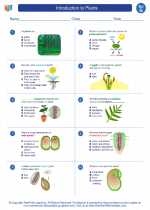
 Worksheet/Answer key
Worksheet/Answer key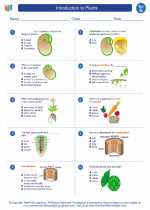
 Worksheet/Answer key
Worksheet/Answer key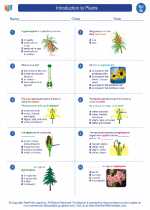
 Worksheet/Answer key
Worksheet/Answer key
 Vocabulary/Answer key
Vocabulary/Answer key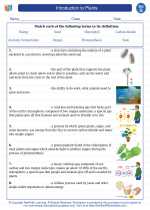
 Vocabulary/Answer key
Vocabulary/Answer key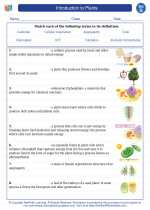
 Vocabulary/Answer key
Vocabulary/Answer key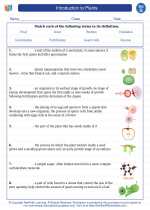
 Vocabulary/Answer key
Vocabulary/Answer key
 Vocabulary/Answer key
Vocabulary/Answer key